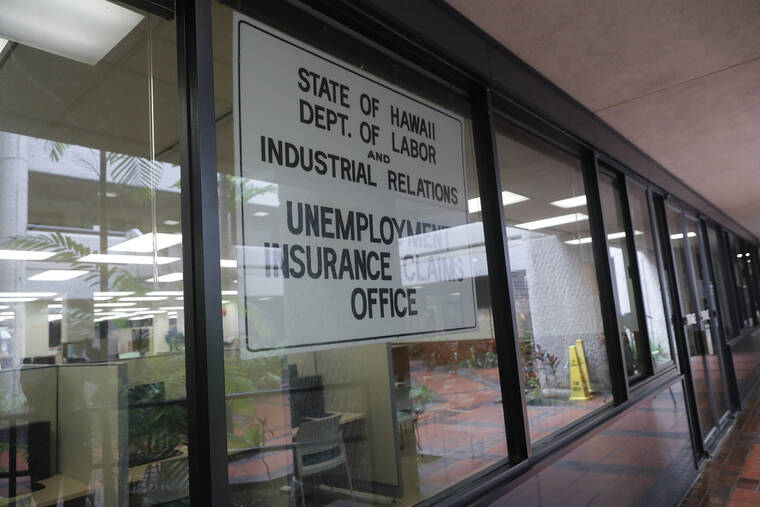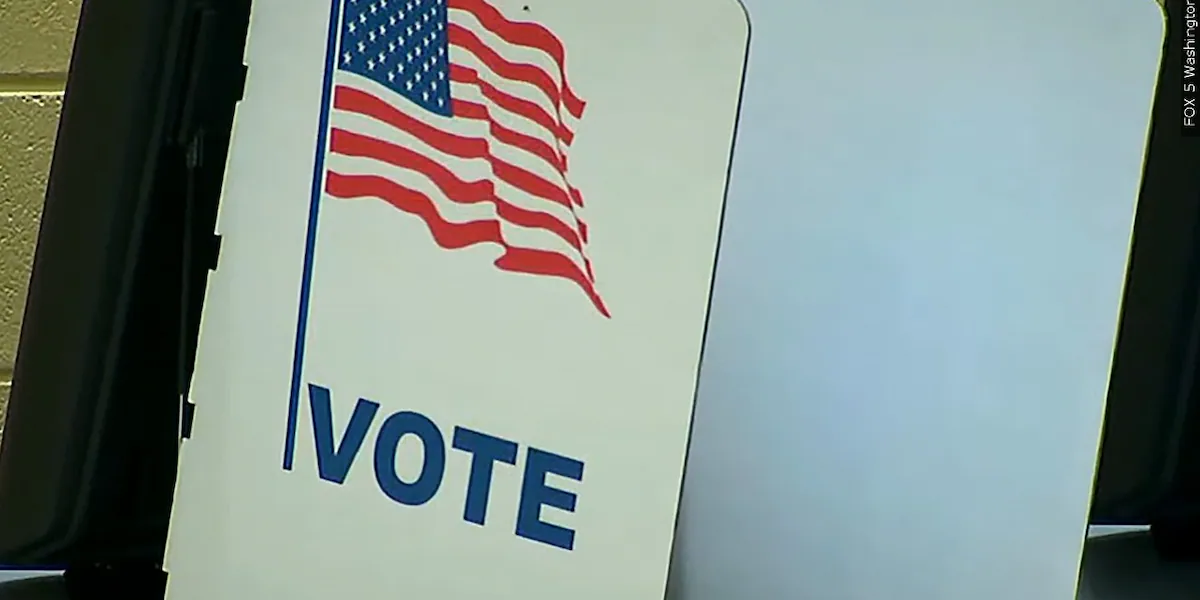Copyright staradvertiser

Question: Please list help for federal workers who are forced to work without pay — we can’t file for unemployment. I have so many bills on autopay and zero money coming in. Answer: We’ve heard from numerous readers who say the pain of this shutdown is not fully understood by the American public because so many federal services are still available, provided by excepted workers, also known as essential workers, who are working full time without pay. As you said and as Kokua Line has previously reported, they are not eligible to file for unemployment compensation because they are not considered unemployed. Furloughed employees, kept home by the shutdown that started Oct. 1, are eligible to file; they are a different category. A Shutdown Assistance Map at 808ne.ws/47yiakj can help both types of federal employees find assistance during the shutdown. The searchable map lists national and local resources by categories, including financial assistance, utilities and food. For example, the Hawaii map lists 0% APR loans offered by Navy Federal Credit Union; special personal loans from Bank of Hawaii for federal employees and contractors; information about interest-free payment plans for electric (Hawaiian Electric) and water bills (Board of Water Supply); and information about the Hawaii Foodbank and Aloha Diaper Bank, among other resources. Each brief map posts links to the primary source of the information, for specifics about how to seek that particular resource. Hawaii businesses or agencies that have help to offer can add their listings to the map directly. In the national section, there’s information from military relief societies, nationwide financial institutions and other resources. Another place to check is the website of the Federal Employee Education & Assistance Fund, a nonprofit organization that provides emergency financial assistance for civilian federal employees. This group is offering $150 shutdown grants to eligible employees affected by the shutdown, and also has links to other resources. See feea.org for details. Hawaii, with a high percentage of federal employees and contractors, is the state most affected by the government shutdown, according to a recent analysis by Wallet Hub, which put the islands at No. 2 for shutdown impacts, after the District of Columbia, which is not a state. It was a very scary moment when my sister’s sit-down walker went forward and she went backwards and hit her head on the pavement at Waioli Kitchen & Bake Shop in Manoa. She had been resting on the seat. A big mahalo to the two ladies and the staff and medical personnel at the restaurant who came to our rescue and helped lift her up, put her in a chair and comforted her. Also a big mahalo to the ambulance personnel who checked her out and assured us that she was OK to go back to her assisted living facility. She is doing well and enjoying herself! — Grateful Sister (Four-wheeled walkers, commonly known as rollator walkers, many of which have a small resting seat, are generally recommended for people who need a walker only for balance, not to bear weight, according to an article in Elder Care, published by the University of Arizona’s Center on Aging. Standard walkers are generally recommended for people with unstable gaits who need to lean heavily on the walker, while two-wheeled (rolling) walkers are generally recommended for people with unstable gaits who don’t need to bear substantial weight on the walker. For safety and mobility, it’s important for people to use the correct assistive device. To read the full article, which includes the pros and cons of each type of walker, go to 808ne.ws/42VLz6A.) Write to Kokua Line at Honolulu Star-Advertiser, 500 Ala Moana Blvd., Suite 2-200, Honolulu, HI 96813; call 808-529-4773; or email kokualine@staradvertiser.com.



